Language teaching and voice: The case of self-mention pronouns
Can I use ‘I’ in academic writing?
By Eugenia Butler
I am proud to report that I have recently taken a management course at Victoria University. It was taught by Professor Bridgman and supported by an excellent critical textbook on Management Theory co-authored by Professors Bridgman and Cummings (2020). Initially, I felt that my enrolment in Management Studies was a bit of a stretch; I am a language instructor, not a management theorist or practician. But who does not want to learn more about organisational behaviour and its underpinning theories in a post-pandemic world where ‘change’ is the day-to-day game at workplace, no matter how flexible working arrangements are?
But here is where my language point begins. In preparation for an impending assessment, which was a Learning Journal, we were advised that we could use the personal pronoun “I”. I am old school, so, of course, I was sitting in the front row, oozing topic engagement and unbridled learning enthusiasm. Hearing the instructions, I instinctively turned around and looked at my (much!) younger colleagues who were taking notes, probably to the effect of ‘greenlight for “I”- yessss”. I smiled because the use of self-mention pronouns in academic writing was one of the key points in my PhD thesis completed two years before (2020). It was a study of voice and disciplinary identity reflected in student writing. For me, that advice on the use of “I” was an ‘aha’ moment: ‘so this is how the academics talk about voice in academic disciplines’... Given the writing genre, the advice was spot on and crucial for the success of the assignment - can you imagine a Learning Journal text riddled with passive structures and devoid of any trace of individual and/or emotional expression?
As a language teacher it is highly likely that you have a personal definition or understanding of voice. We often talk loosely about it, particularly in moderation meetings when we critically analyse a script in terms of language use, and argument strength and appropriateness. You may hear remarks such as, “I don’t know … I am not convinced by the script, not sure why …” or “it lacks the ‘quelque chose’ that would prompt me to award a high mark, sorry…”. The trouble is that the ‘special something’ we are talking about is nowhere in the marking rubric, so here we are, it looks like we are going to skip the lunch break …
In my research, I have found many definitions of voice; I had to, right? My favourite, though, is from Matsuda (2001), who frames it as “the amalgamative effect of the use of discursive and non-discursive features that language users choose, deliberately or otherwise from socially available yet ever-changing repertoires” (p. 40). It is an over-arching view of voice which allows for a consideration of both the textual features, such as the use of self-mention pronoun “I”, and the non-discursive aspects, such as text formatting through font style and size, positioning of block quotes, etc. Textual features like self-mention pronouns are discursive features ranking top of the list in the literature of voice, probably because their usage is perceived as a field of landmines from an ideological perspective, involving the image of the researcher and their relationship with the audience.
A positivistic view rejects the use of these pronouns in order to generate abstract texts with unequivocal concept definitions and hard facts (Ivaniç, 1998). It aligns with an old established belief that theoretical work is impersonal and objective requiring limited writer-reader interaction. The ‘hard’ positivistic view advocating for an impersonal approach to academic writing may be difficult to argue against when it is voiced by an absolute scientific authority. However, Ivaniç and Simpson (1992) note that the lack of the first-person pronouns makes the text wordy, nebulous, stripped of an enthusiastic commitment to the audience.
By contrast, a constructivist-relativist view encourages first-person pronoun use to produce socially constructed texts based on writer’s openly expressed viewpoints, nuanced opinions, and rich real-life experiences. This approach to discourse allows for an expression of empathy, yields direct and intense interactions with authors and readers (Hyland, 2009), and signals the writer’s acceptance of responsibility for their positions and contributions to disciplinary knowledge (Ivaniç, 1998; Ivaniç & Simpson, 1992).
In the introduction of my blog, I stated that enrolling on a management course was a sort of departure from my profession, a jump from language teaching to business administration. It is true, these are different disciplines, but they do have some features in common in the sense that both the management theories and the use of self-mention pronouns are ideologically calibrated. They reflect how we live, think, work, and interact, who and how we are, and what we want to be. I must also admit that a reflective journal assignment lacking “I” would fail to hit the mark because it requires a personal view on an academic topic.
So, my friends and colleagues, how do you tackle the issues relating to voice? It would be great to hear from you!
Bridgman, T., & Cummings, S. (2020). A very short, fairly interesting and reasonably cheap book about Management Theory. SAGE.
Butler, E. (2020). Expressions of voice and trajectories of writers’ selves in academic writing: Transitioning from an academic bridging course to postgraduate programmes. [Doctoral Thesis, Massey University] Massey Research Online. https://mro.massey.ac.nz/handle/10179/16099
Hyland, K. (2009) Academic discourse: English in a global context. Continuum
Ivaniç, R. (1998). Writing and identity. The discoursal construction of identity in academic writing. John Benjamins Publishing Co.
Ivaniç, R., & Simpson, J. (1992). Who’s who in academic writing. In N. Fairclough (Ed.), Critical language awareness (141-173). Longman.
Matsuda, P. K. (2001). Voice in Japanese written discourse. Implications for second language writing. Journal of Second Language Writing, 10, 35-53.
